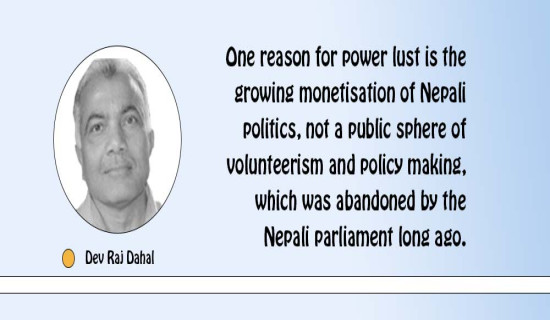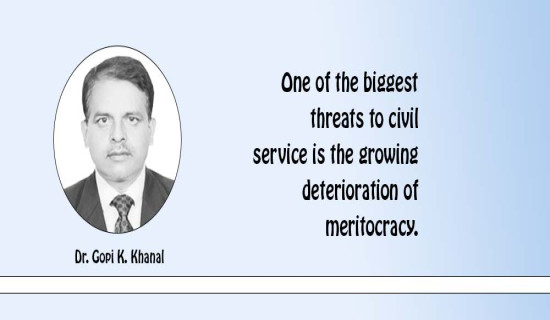- Saturday, 9 August 2025
Around 15,000 devotees expected at Gosainkunda religious fair
By Ganga Kumari Mijar
Rasuwa, Aug. 9: Thousands of pilgrims from different districts have started arriving at the sacred Gosainkunda Lake. The lake is situated at a height of 4,380 metres above sea level. Every year, a religious fair is held in the area, attracting many devotees.
This fair takes place between Ekadashi and Janai Purnima during the month of Shrawan (July/August). Pilgrims believed that bathing in the holy lake during this time helps wash away sins, which draws large crowds to the site.
According to Sanjiv DM, Chairperson of the Gosainkunda Area Development Committee, around 15,000 devotees are expected to bathe in the lake this year. To support the pilgrims, the walking trail from Dhunche to Khenji has been repaired and cleaned. Preparations have also been made to ensure drinking water, temporary accommodation, basic health services and security.
The Dhunche Youth Society is providing free hot water at Gosainkunda and the Panchadham Service Centre is distributing kwati (a traditional mixed bean soup) and hot water for free on August 7 and 8.
According to Jham Prasad Acharya, Chief of the Public Health Office in Rasuwa, the number of doctors and medical staff has increased this year, making the primary health camps more effective. These camps have been running since Putrada Ekadashi.
Chairperson of Gosainkunda Rural Municipality Kaysang Nurpu Tamang said that five water tanks, each with a 200-litre capacity, have been placed along the route for the convenience of pilgrims.
Life jackets, tubes, ropes and other rescue equipment have also been arranged around the lake in case of emergencies. He added that if any person needs urgent medical attention and weather conditions allow, they will be flown to a hospital by a free helicopter service.
In addition, four free medical camps are running -- three along the pilgrimage route and one at the lake itself. These camps are jointly run by Green City Hospital, Panchadham Committee, the Himalayan Rescue Association, local governments and the District Hospital.
The Himalayan Rescue Association has deployed six MBBS doctors and oxygen cylinders, making treatment more accessible, according to pilgrims.

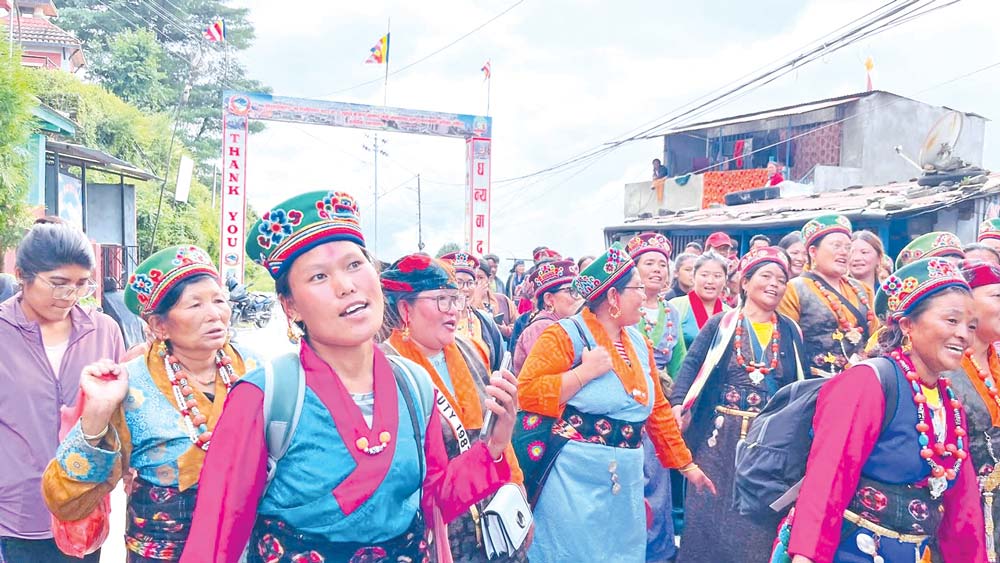

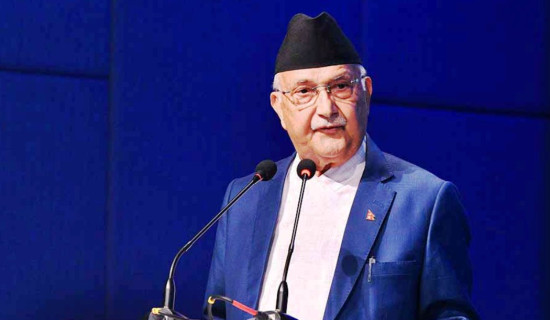

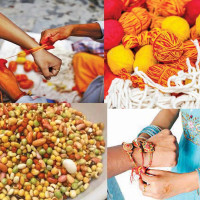
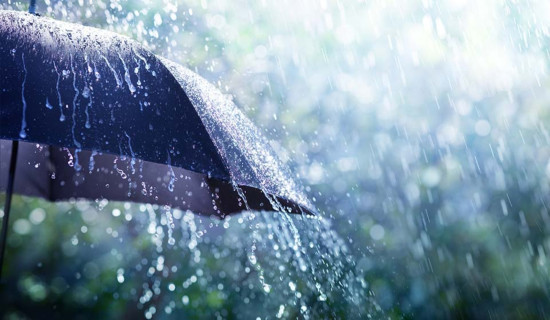

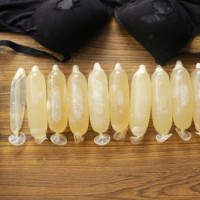


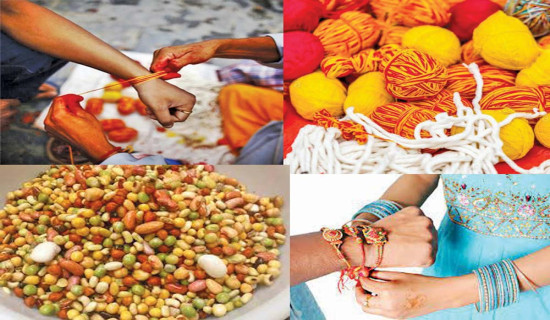
-original-thumb.jpg)
